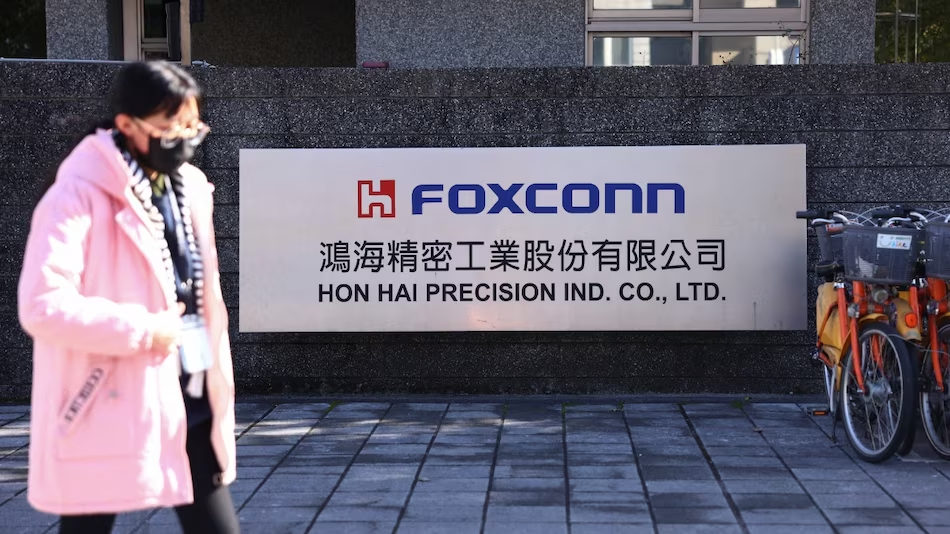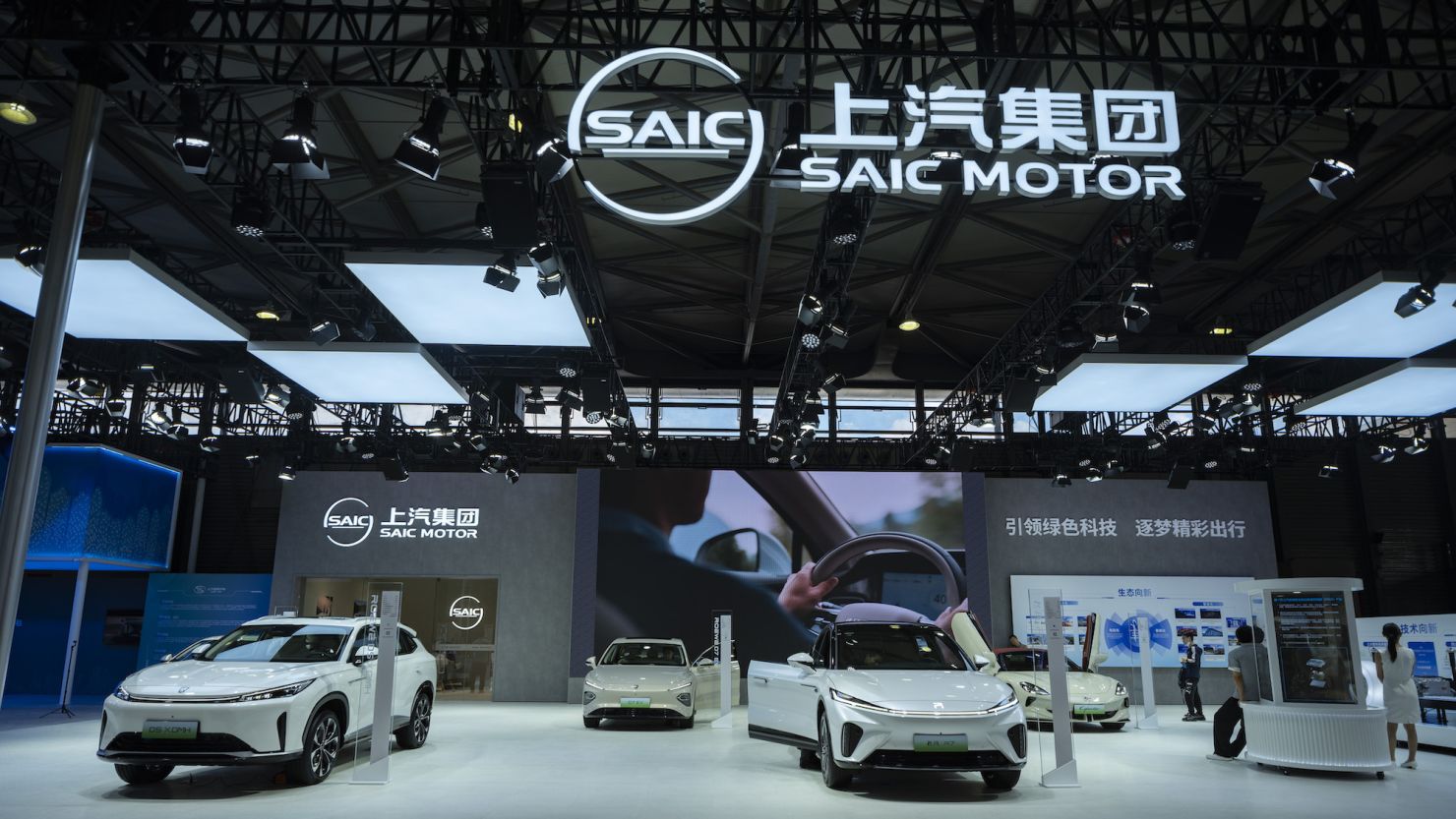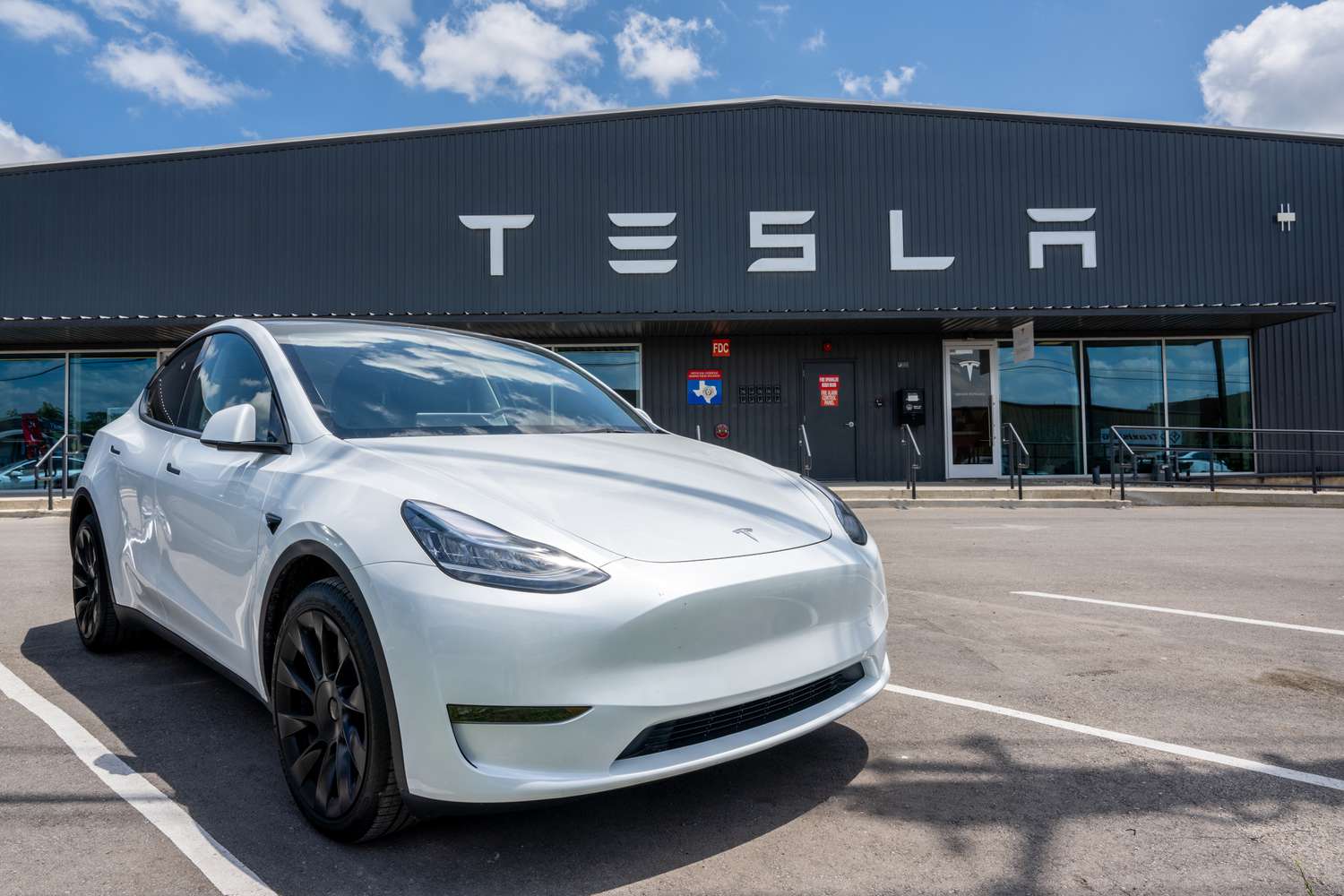An official said Indian labor inspectors visited a Foxconn factory in the south this week and questioned executives about the company’s hiring policies after Reuters reported that Foxconn has been rejecting married women for iPhone assembly positions
A. Narasaiah, the regional labor commissioner, informed Reuters on Wednesday that a five-member team from the federal government’s regional labor department visited the Foxconn factory near Chennai, in Tamil Nadu state, on July 1. The team spoke with company directors and human resources officials.
The inquiries were initiated in response to Reuters’ investigation into the hiring practices at the manufacturing facility.
Prime Minister Narendra Modi’s government requested that state officials and the office of the federal government’s Regional Chief Labour Commissioner submit comprehensive reports on the matter last week.
Narasaiah stated, “We are gathering information and have requested that the company provide documents such as recruitment policies, company policies, and evidence of compliance with labor laws, as well as information on maternity and retirement benefits.” “They told us they are not discriminating.”
Narasaiah stated that Foxconn informed the labor officials that the factory employs 41,281 individuals, with 33,360 women. He said that approximately 8% of these women, or approximately 2,750, were married, citing Foxconn’s submission.
Narasaiah stated that Foxconn’s personnel figures were not broken down into specific areas, such as iPhone assembly, where Reuters reported that discrimination was occurring. He also mentioned that the labor inspectors interviewed 40 married women who were present at the plant, and they did not express any reservations regarding discrimination.
Narasaiah stated that he does not intend to question Foxconn’s third-party hiring agents, who are responsible for recruiting candidates and arranging interviews at the facility.
Last week, a Reuters investigation revealed that Foxconn had systematically excluded married women from assembly positions at its primary Indian iPhone plant. The company claimed that married women had more family responsibilities than their unmarried counterparts.
The reasons for the refusal to hire married women were attributed to family responsibilities, pregnancy, and increased absenteeism by Foxconn HR sources and third-party recruiting agents.
The reporting also revealed that Foxconn, a Taiwan-based company, has relaxed its policy of not employing married women during high-production periods.
The topic has sparked discussions on television channels, newspaper editorials, and demands for an investigation from opposition figures and women’s groups, including those within Modi’s party.
Apple and Foxconn acknowledged that they had made mistakes in their recruiting practices in 2022. They said they had tried to rectify the situation in response to the Reuters investigation.
Nevertheless, the Tamil Nadu facility was the site of all the discriminatory practices that Reuters documented in 2023 and 2024. The companies did not address those instances.
Foxconn, also known as Hon Hai Precision Industry, has previously stated that it “vigorously refutes allegations of employment discrimination based on marital status, gender, religion, or any other form.”
Apple has stated that all its suppliers, including Foxconn, employ married women. According to Apple, “When concerns regarding hiring practices were initially raised in 2022, we promptly responded by collaborating with our supplier to conduct monthly audits to identify issues and ensure that our high standards are maintained.”
Even though Indian law does not prohibit companies from discriminating in hiring based on marital status, Apple and Foxconn have policies that prohibit such practices in their supply chains.



